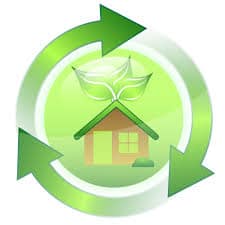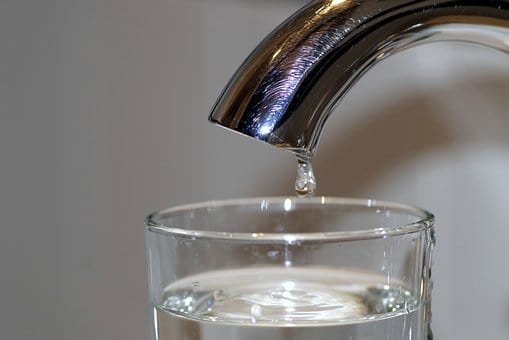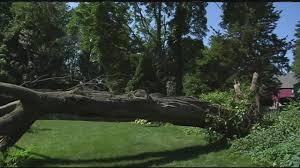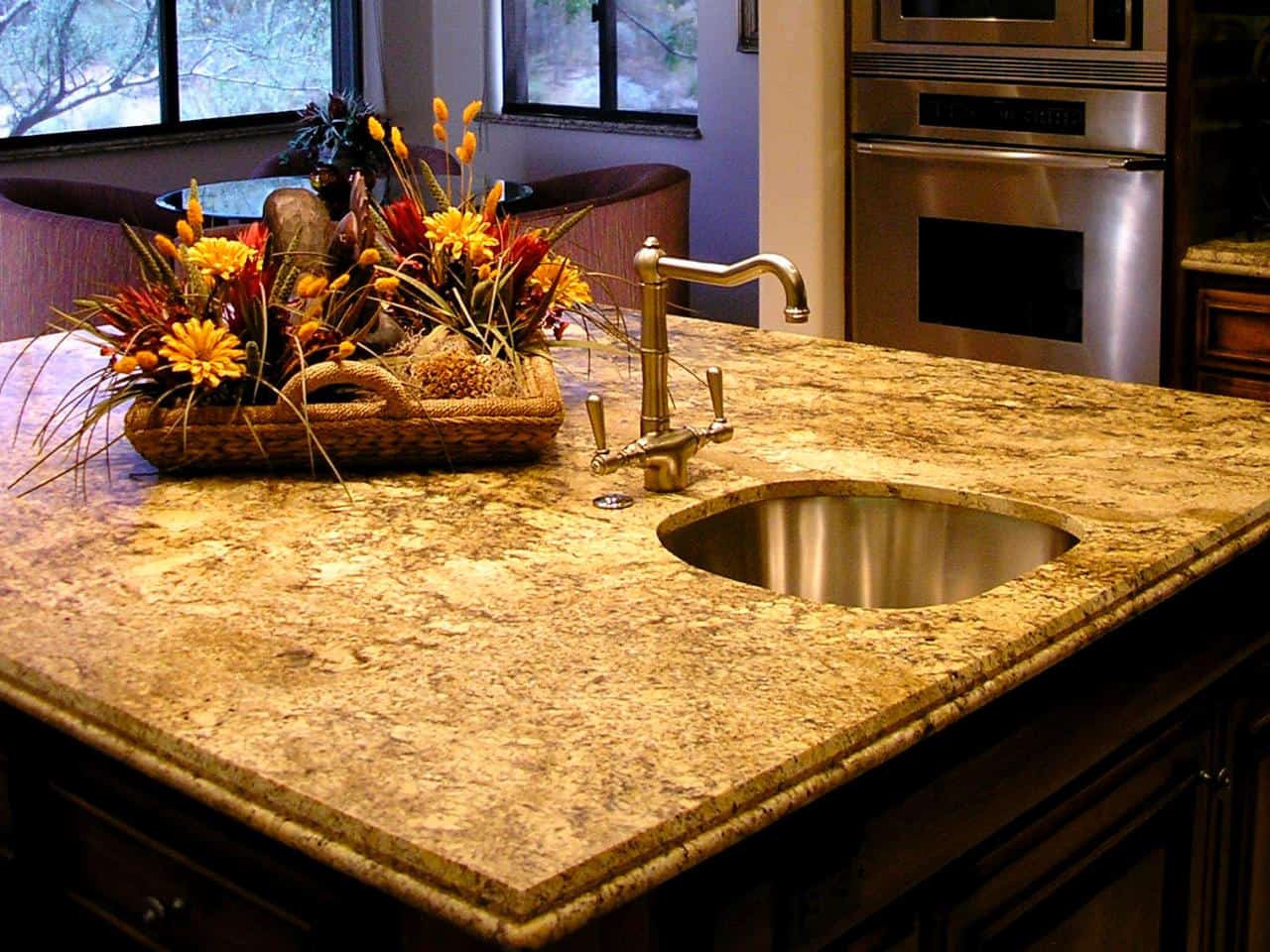
Kitchen Countertops 101
September 1, 2019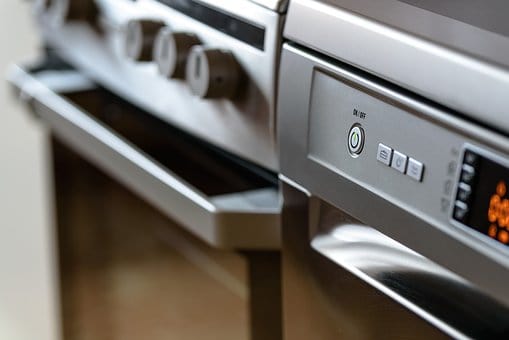
Home Remodeling: Buying Appliances
November 1, 2019While you may not personally make a significant contribution to the greenhouse gases that damage the planet’s ozone, each of us still play an important role in maintaining and preserving the environment. The way in which you live in your home makes a big impact on the world around you. Just about every action in your home has the ability to affect the environment in either a negative or positive way. And it’s now easier than ever to create an eco-friendly home that will have a positive impact on the environment.
There are many small steps you can take to do your part. Many of which may actually save your family money and improve your physical health. Here are some of our best tips to make your home more eco-friendly…
Conserve Electric
- Employ solar energy. You can help the environment and lower your electricity bill by using solar energy products. The number of solar products available on the market has risen greatly over the last ten years partly due to clean energy initiatives currently being pushed by the government. Not to mention that you may qualify for a money-saving tax benefits just for using solar energy. From solar-powered security cameras to solar-powered lighting, you’re sure to find a solar device to create a more environmentally friendly home and significantly reduce your high utility bill.
- Turn off lights and electronics. Encourage family members to turn off lights in rooms when no one is in the room. Have family members turn off computers, mp3 players, cell phones, televisions and other electronic devices when they are not being used.
- Use Energy Efficient Bulbs Choosing high-efficiency bulbs is easier than ever before. Just about every brand on the market has developed an LED product. While you may initially pay a higher price for a high-efficiency bulb, the bulb will most likely pay for itself within the first few months of installing it due to the savings on your utility bill. Don’t go crazy and attempt to change every bulb in the house at once. At least not unless you have a few hundred dollars to burn. Instead, convert to energy-efficient bulbs as you replace them.
Recycle!
Every eco-friendly home needs to recycle! Set up recycling areas in your home, such as a bin to collect containers, or a corner of your basement or garage to place items until you are ready to recycle. Recycling requires very little effort as most of the products you buy are packaged in recyclable materials such as paper, glass, plastic and many recycling centers now allow you to mix the materials saving you the time of sorting through the waste. By making an effort to recycle products, you can sleep easy at night knowing that those products won’t end up in an overcrowded landfill. Visit the website for your county to view recycling program information and schedules.
Conserve Water
Water is another source of energy use and over-consumption, particularly when it needs to be heated for showers and washing dishes or laundry. Encourage all family members to turn off the faucet as they brush their teeth (a great way to teach kids about not wasting water). Install water-efficient shower heads and faucets and make an effort to take shorter showers. In addition, if you have a yard, avoid watering outside between noon and 6:00 p.m.
Consider Growing Food
Grow vegetables, herbs, and fruits. Imagine having fresh fruits and vegetables available to you and your family every day! You can grow food (from seed or seedlings) in pots in your home or out in your yard. By reducing the amount of products that you buy on a regular basis, you also reduce the amount of waste that you produce. Not to mention that fantastic health benefits for your family eating a primarily fresh non-processed diet. Don’t forget to use natural fertilizers for your garden when possible.
Make Compost
Purchase a compost container or use a large bucket or drum. In the container fill half or three-quarters of the way with soil and worms. Then add a mixture of green and brown material. Green material being live organic material such as banana peels and green grass. Brown material would be any organic material that is now “dead” such as dead leaves or grass. Turn the contents regularly (at least weekly) and add new material as the old material compacts down.
Also, be patient. The compost should be allowed to “season” for at least 3 months before use. You will end up with a dark soil like material that is high in nitrogen and other nutrients that plants love. Remember how we decided to grow a garden in the previous tip? Compost makes excellent fertilizer for gardens.
Maintain an Indoor Garden
I know we already talked about growing a garden but an outdoor garden isn’t the only way to help the environment. There are several plants that can be grown indoors that are known to improve air quality and provide benefits such as reducing stress and promoting relaxation. Plants such as lavender and aloe can aid in filtering toxins from the air and naturally freshen a room. Not to mention that adding plants to a room is a great way to easily and naturally update the décor.
Use Natural Products
Considering that there are tons of chemicals in most commercial cleaners, natural alternatives appear to be an easy choice for your eco-friendly home. You do not need to buy expensive organic cleaners. Most homemade cleaners can be made inexpensively with items from your own pantry such as vinegar, baking soda, etc.
Start slow! Make small changes and turn them into habits. Before you know it you will be running an eco-friendly home and saving some green too!

